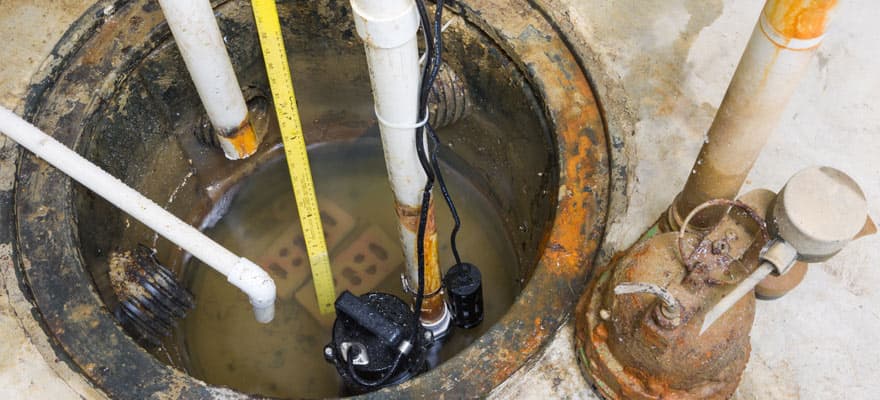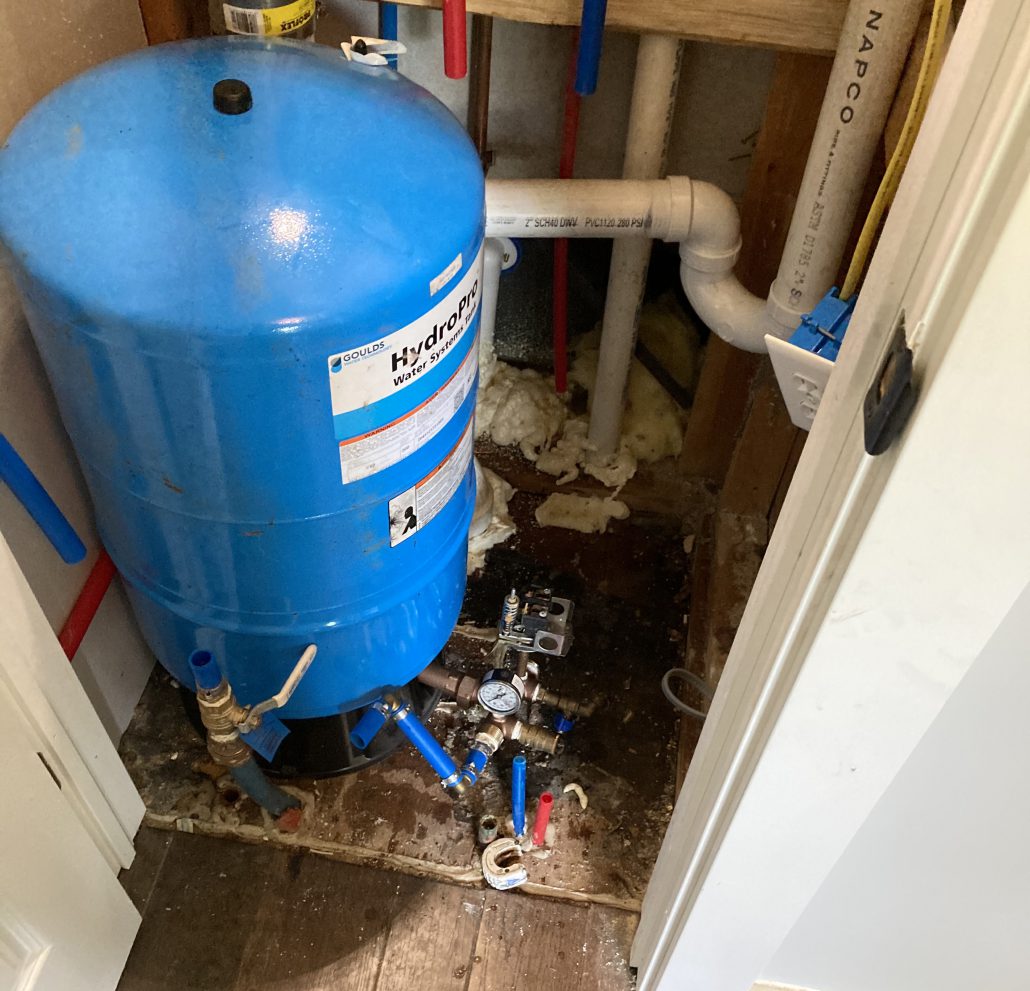Costs Water Softeners: Changing Tough Water right into Soft, Lavish Convenience
Costs Water Softeners: Changing Tough Water right into Soft, Lavish Convenience
Blog Article
Comprehending the Secret Elements of Effective Water Purification Equipments

Relevance of Water Purification Equipment
Water purification systems play a critical duty in ensuring access to tidy and secure drinking water by effectively removing impurities and pollutants. These systems are crucial in addressing the expanding issues over water quality and the possible health threats connected with consuming infected water. By using various filtering mechanisms such as reverse osmosis, triggered carbon, and UV sanitation, water filtration systems can effectively eliminate dangerous substances like microorganisms, viruses, heavy steels, and chemicals from the supply of water.
Moreover, water filtering systems aid to improve the preference and smell of water by eliminating chlorine, debris, and various other pollutants that can impact its quality. Water Softeners. This improvement in water quality not only makes it a lot more palatable however additionally encourages people to drink an appropriate amount of water daily, advertising better hydration and total health and wellness
Kinds Of Purification Elements

Physical filters are developed to physically stress out contaminations from the water. These filters can be constructed from materials like ceramic, carbon, and even sand, and they work by trapping bits larger than the filter's pores as water passes via.
Chemical filters make use of various chemical processes to remove contaminants from the water. Examples consist of turned on carbon filters, which adsorb contaminations, and turn around osmosis membranes, which use pressure to separate contaminants from the water.
Biological filters use living microorganisms like algae or microorganisms to break down raw material and pollutants in the water. These filters are typically utilized in wastewater treatment plants or natural water purification systems.
Understanding the different sorts of purification parts is critical for picking one of the most ideal water filtering system for certain purification needs.
Feature of Debris Filters
Debris filters play an important function in water filtration systems by effectively capturing strong fragments put on hold in the water. These filters are our website normally the very first line of defense in a filtering system, eliminating larger particles such as sand, silt, dirt, and corrosion prior to the water relocates through finer filtration phases. By capturing these sediments, the filters prevent them from getting to downstream parts, hence expanding the life-span and effectiveness of the entire system.
The function of sediment filters is vital in maintaining water high quality and safeguarding sensitive tools from damages triggered by debris. In addition, by eliminating visible fragments, sediment filters boost the clearness and taste of the water. On a regular basis changing or cleaning up sediment filters is important to ensure optimal efficiency. Overlooking this maintenance can lead to obstructing, minimized water flow, and compromised purification effectiveness. Overall, debris filters are vital components that add substantially to the effectiveness of water filtering systems.
Function of Turned On Carbon Filters
Playing an important duty in water purification systems, turned on carbon filters contribute in removing pollutants and impurities from the water supply. These filters are designed to adsorb and trap a large range of toxins, consisting of chlorine, unpredictable natural substances (VOCs), pesticides, and herbicides. The activated carbon material has a large surface, enabling for the reliable capturing of impurities via a procedure called adsorption. As water goes through the filter, the turned on carbon holds and attracts onto the impurities, ensuring that the water that comes out beyond is cleaner and safer for intake.
Triggered carbon filters are highly effective at boosting the taste and odor of water by reducing chemicals that can influence its high quality. Due to their convenience and dependability, triggered carbon filters are an essential element in guaranteeing that water is purified to the highest possible criteria Source before reaching consumers.
Understanding Reverse Osmosis Equipments
Reverse osmosis systems are sophisticated water purification systems that employ an advanced procedure to get rid of contaminants and pollutants from alcohol consumption water. These systems function by using stress to the water, forcing it through a semi-permeable membrane.
One trick benefit of reverse osmosis systems is their ability to eliminate a vast array of contaminants, including heavy metals, dissolved infections, germs, and solids. This makes them extremely efficient in enhancing the general high quality and safety and security of alcohol consumption water. In addition, reverse osmosis systems are reasonably low-maintenance and can be set up under the sink or in a main filtering system, supplying practical access to clean water throughout the home. In general, understanding how reverse osmosis systems work can help individuals make informed decisions concerning their water purification demands.
Verdict
In conclusion, reliable water filtering systems are important for ensuring secure and clean alcohol consumption water. By comprehending the feature and function of each element, individuals can make informed decisions when selecting a water filtration system.
Water filtration systems play an essential role in making certain access to clean and more tips here risk-free alcohol consumption water by properly getting rid of pollutants and pollutants. By using various purification mechanisms such as reverse osmosis, triggered carbon, and UV sanitation, water purification systems can successfully eliminate damaging substances like bacteria, infections, hefty metals, and chemicals from the water supply.
Debris filters play a critical function in water purification systems by efficiently capturing strong bits put on hold in the water (Pump repairs & installation).Playing an important duty in water purification systems, triggered carbon filters are critical in getting rid of contaminations and impurities from the water supply.Reverse osmosis systems are innovative water purification systems that use an innovative procedure to get rid of impurities and contaminations from alcohol consumption water
Report this page